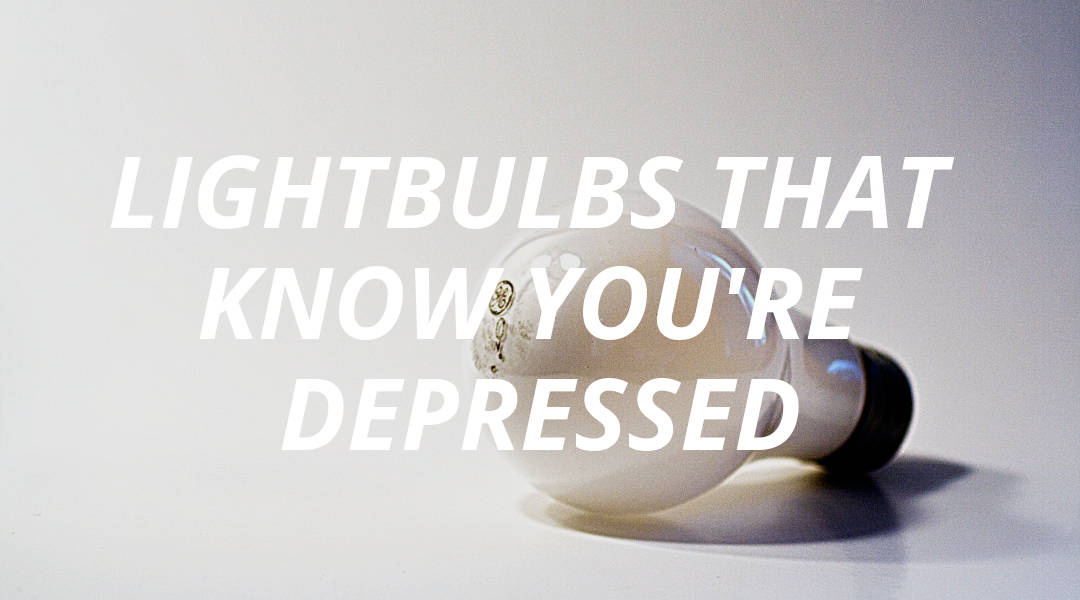
The Internet of Things Isn't Just About Networked Juicers | Privacy, Health, & Technology
Category: thoughtsA 3 Minute Read
26 May 2017
Modified Image by Randy Wick

If you’re reading this blog, there’s a good chance that you have more control than the average person over your privacy. You’re probably using Tor or a VPN, or an adblocker at the very least. While these tools help, maintaining privacy is getting more complicated every day, and all it takes is an XKCD comic to drive that home:
The point here is that no matter how much you work to secure your privacy, the lax privacy practices of others can be hard to escape. This, of course, is nothing new. End-to-end encryption only works if the person you’re communicating with doesn’t send the logs to third parties. GPG only works if you trust that the recipient has kept their private key safe. Protonmail is only as secure as the provider.
Yet, the surface for intrusion is widening because of technologies that are in many ways like Alexa, insofar as they can create collateral damage when it comes to privacy. But, unlike Alexa, some of these technologies do far more than just order creamed corn for us, and that’s making privacy very, very complicated.
Take, for example, a smart home sensor that can “detect the walking speed and stride length of people based on how their bodies interfere with radio signals”. It works through walls, and “can help predict health events related to conditions such as heart failure, certain lung diseases, kidney failure, and stroke”.
Then there is AutoEmotive, an MIT project that puts sensors in cars to measure the driver’s facial expression, heart rate, respiration rate, heart rate variability, electrodermal activity, skin temperature, hand pressure, and hand contact area (on the steering wheel and the door handle). It uses all of these biometric indicators to infer how stressed the driver is. Because driving when stressed increases collision risk, the system will then take a variety of measures to try and calm down the driver.
Finally, there’s EQ Radio, another MIT project that uses wireless signals to detect people’s emotions with 87 percent accuracy. Over time, these readings could be used to diagnose mental illness. Some have mentioned that it could be used in smart home’s, potentially to change the lighting depending on how you feel. That’s right: lightbulbs that can detect your emotions. And let’s face it, those lightbulbs are probably going to be connected to the internet.
So, whether you’re having board games night at a friends house who has one of these devices, or borrowing their AutoEmotive-equipped car for the weekend, these types of technologies are making privacy evermore elusive. Add to that the fact that they are sensing what is essentially health information, and we’ve got a world where a lightbulb could get hacked and expose that someone is depressed or at high risk of heart failure.
And yet, in some cases it’s hard to tell someone that they shouldn’t use these devices because of some ethereal threat to privacy. Each of these projects is being built with public health and safety in mind: the walking sensor can predict health events, AutoEmotive aims to reduce dangerous driving, and EQ Radio can catch people falling into anxiety or depression. Indeed, this internet of things (IoT) we love to mock isn’t just about networked juicers.
The not-so-easy solution is to hold these devices to high security standards through a combination of regulation, research, testing, and consumer demand. However, as privacy-concerned individuals we also shouldn’t just mock the IoT because our fridge could get hacked and be used to pivot the attack to our PCs, which is the typical narrative we like to pitch. Rather, we should be worried about it because our fridge might have detailed logs of our respiration, heart rate, and heart rate variability that helped us when we began to sink into depression…

